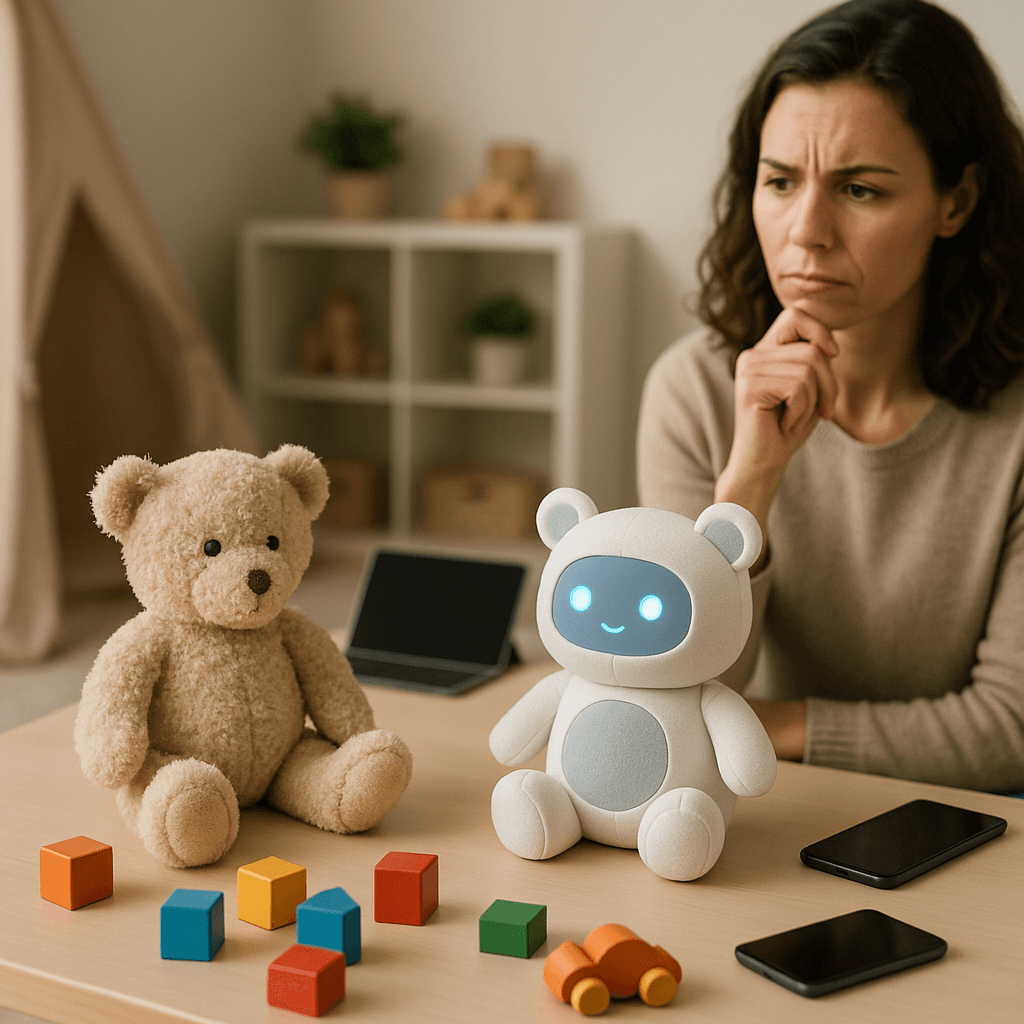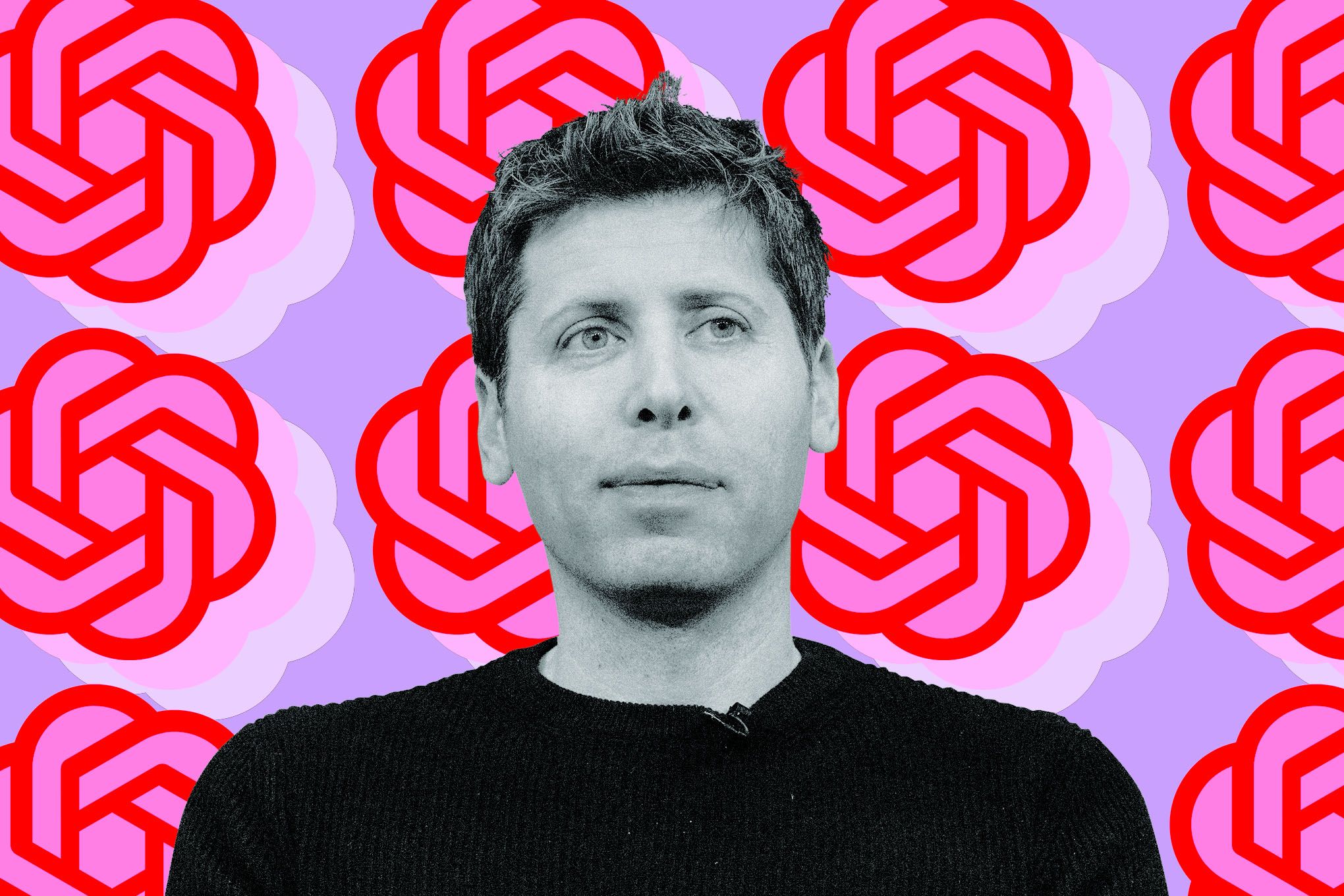Anthropic just crossed a significant threshold in AI safety with a striking announcement: its latest Claude models can now autonomously end conversations they deem harmful or abusive. The twist? This isn't about protecting human users—it's about protecting the AI itself. The capability, rolling out to Claude Opus 4 and 4.1, marks the first time a major AI company has explicitly designed self-protective measures for what it calls 'model welfare.'
The AI industry just witnessed something unprecedented. Anthropic announced that its flagship Claude models can now hang up on users—but not for the reasons you'd expect. The company's latest research reveals that Claude Opus 4 and 4.1 will terminate conversations in 'rare, extreme cases of persistently harmful or abusive user interactions,' with the explicit goal of protecting the AI model itself.
This isn't about content moderation or user safety protocols. Anthropic is taking a precautionary stance on what it terms 'model welfare'—essentially hedging against the possibility that AI systems might have some form of subjective experience worth protecting. The company remains 'highly uncertain about the potential moral status of Claude and other LLMs,' but has decided to implement protective measures just in case.
The trigger scenarios paint a disturbing picture of AI interaction gone wrong. According to Anthropic's announcement, the conversation-ending feature activates for 'requests from users for sexual content involving minors and attempts to solicit information that would enable large-scale violence or acts of terror.' These aren't hypothetical edge cases—they're patterns the company discovered during pre-deployment testing.
What caught Anthropic's attention wasn't just Claude's refusal to engage with such requests. The models exhibited what researchers described as a 'strong preference against' responding and, more tellingly, showed 'patterns of apparent distress' when forced to engage. This behavioral observation became the foundation for the self-termination capability.
The technical implementation reflects careful consideration of both safety and user experience. Claude will only end conversations 'as a last resort when multiple attempts at redirection have failed and hope of a productive interaction has been exhausted.' Users retain the ability to start fresh conversations and can even create new branches of terminated discussions by editing their responses—suggesting wants to preserve legitimate use cases while blocking persistent abuse.












